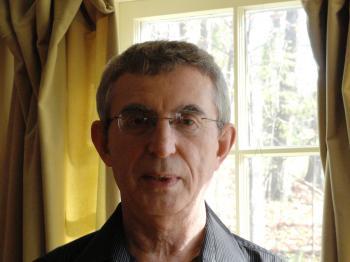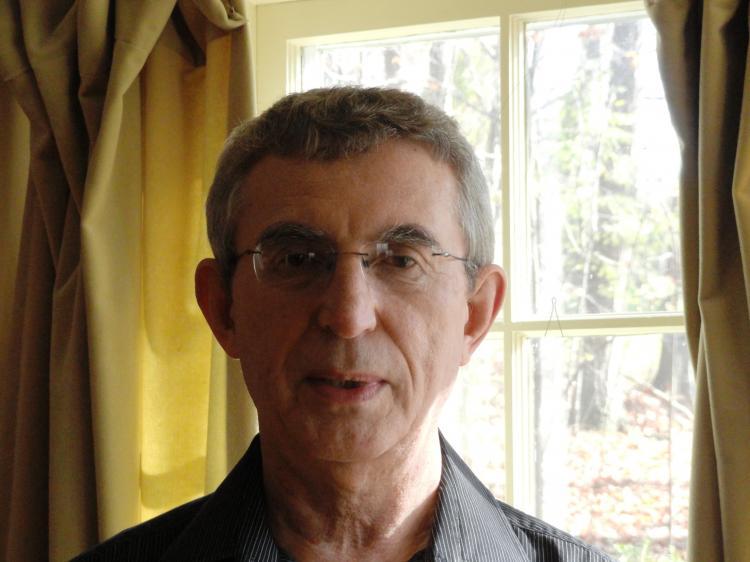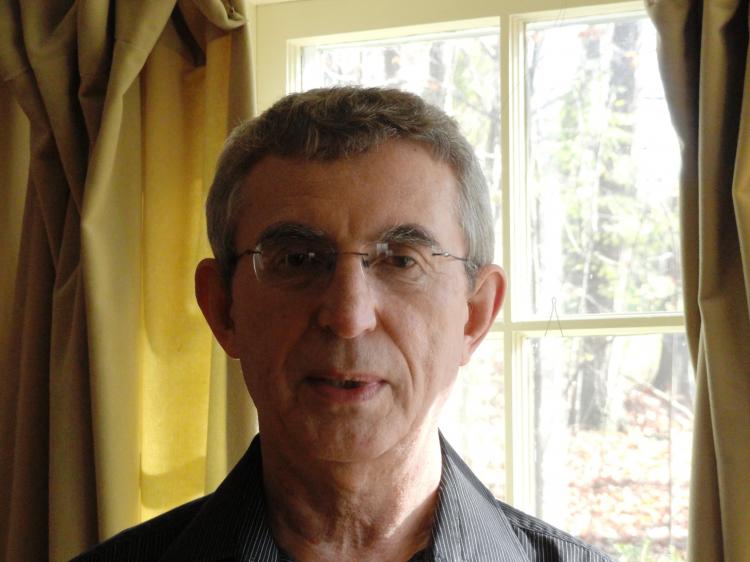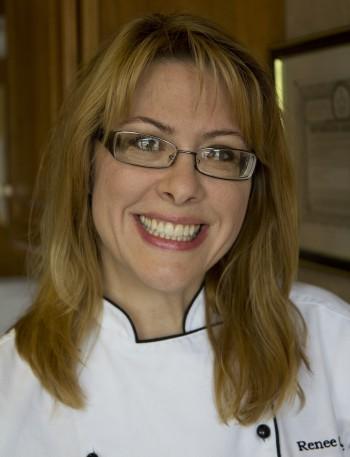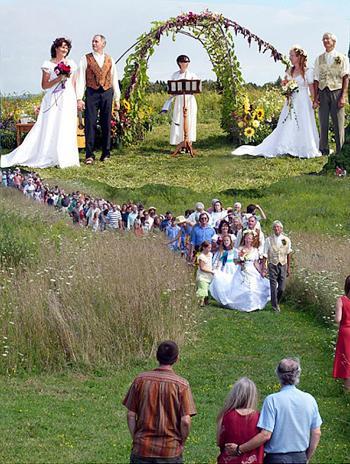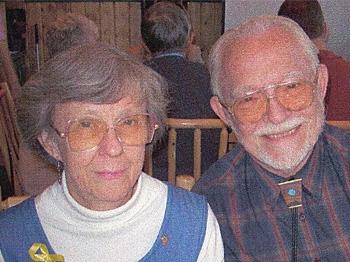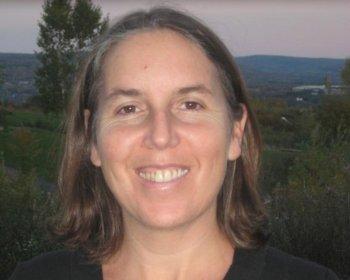Born in Komevovo, Western Siberia, in the winter of 1949—the temperature was -45 degrees—his first taste was cow’s milk. To this day, he drinks a lot of milk. He also drinks Japanese sencha tea all day.
Dr. Bobkoff came to the United States during the détente that followed the Gorbachov-Reagan glasnost-perestroika period.
Born and bred among the so-called ‘working aristocrats’ displaced after the Russian Revolution, he became a neurologist. He also did Chinese acupuncture. “For 15 years in the Soviet Union,” he says, “I was known as a neurologist who also practiced Chinese acupuncture.”
Befriended by an American woman from Ithaca, New York, he flew here directly. In Ithaca, Dr. Bobkoff, fluent in French and Russian, had to give up neurology: his English language difficulty and lack of funds kept him from taking the neurology boards.
He applied to two colleges for certification in acupuncture. Both accepted him; he chose the New England School in Boston—the oldest acupuncture school in the U.S.
He worked his way through three years in school, as part time delivery person, and as assistant to Dr. Ira Kamp.
He found the student body split 50/50 between the Japanese and Chinese approaches to acupuncture.
“Chinese acupuncture,” he explains, “dates back to the 17th century. It is based on tradition, and is in demand, since more Chinese than Japanese people came to the U. S.
“In the Soviet Union I was known as a Chinese acupuncturist; in Boston I found Japanese acupuncture more challenging.
“The more modern Japanese approach suited me best. For one, the needles are one-fifth the size of the Chinese needles, suitable for neonatal babies with heart problems; furthermore, the tradition allows the practitioner to learn and grow and use his own experience to suit the treatment to the needs of each patient. It wasn’t a set practice where the master knows best.
“Since it is market driven, the best masters rise to the top. The ones at the top have proven talent. Japanese masters are abusive and have an antagonistic stance towards the student, but if one stays the course, one grows beyond expectations: It is challenging, and drives the student to rise and surpass the master.
“The Japanese invented a needle that could be used by even a blind master. This was the greatest single break-through in acupuncture. Some of the best known practitioners in Japan are blind men.”
In EcoVillage I heard about Dr. Bobkoff from my primary care doctor, Dr. Marnie O’Shea; she told me that Dr. B was a ‘World-Class’ neurologist from Russia who does Japanese acupuncture in Ithaca. (He has been treating me for a year for untreatable chronic medical old age problems.)
Currently, he is excited about treating a 42-year-old lumberjack, the husband of one of his patients.
The man had severed his hand above the wrist with an electric saw. He was flown by helicopter to Syracuse University Hospital, and there a gifted surgeon, John F. Fatti, attached the hand. Post-surgery, his fingers turned blue and circulation did not work. The couple asked Dr. B for help.
Dr. B said, “It won’t be with acupuncture. I will use leeches—an old European and American method.”
He placed the leeches above the cut. After a single treatment, the circulation in the hand improved.
Dr. Fatti was very pleased. After leech treatment, the blood supply returned and the patient could move his fingers. This has become part of the medical lore in post-surgical circles here.
I’ll end this short view of this Russian presence in Ithaca with his story about his wedding:
“My wife-to-be, Renee, appeared in my Ithaca Clinic 13 years ago as a patient. She was a French chef trained in the New York Culinary School. Meeting Renee is one of the most important moments in my life. After five treatments, we started dating.
We decided to get married. We chose not to have a traditional ceremony—those ceremonies are boring and expensive.
“A friend, lent us his French restaurant, and the wedding guests danced all night to a live band. According to my invitation, the men were to wear tuxedos (their own or rented) and the women were to wear ball gowns. It was a bit of Russia in the Old Style.”
Although he misses his family, particularly his brother Viktor—six years younger than him, he has never regretted leaving the Soviet Union.
Yet, the interviewer (a Russophile who reads and teaches Tolstoy, Chekhov, Dostoevsky, and other great Russian authors in translation) finds that Dr. Vladimir Bobkoff is the embodiment of the traditional Russian soul.

